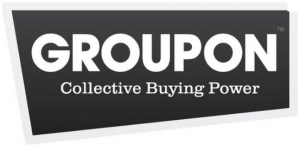The German-born and British-based economist Detlev Schlichter warns us of the impending dollar doom. According to him, the world’s major currencies, the dollar, the euro and the yen, are destined to crash as they are locked in a race to the bottom. The only remaining question is which one will crash first.
He argues that we are only partially through a market meltdown that will be even worse than the Great Depression. One fact he employs to support his argument is that “U.S. industrial production is 12 times higher now than it was in 1929, but the amount of U.S. dollars in circulation is 200 times higher.”
Another fascinating piece of evidence Detlev uses is the history of paper money in China. The Chinese invented paper and ink, which quickly led to the creation of paper money. By tracking the development of paper money through a number of dynasties, he draws the conclusion that “all of these experiments ended with worthless currencies.” The underlying argument is that paper money will eventually get depreciated.



